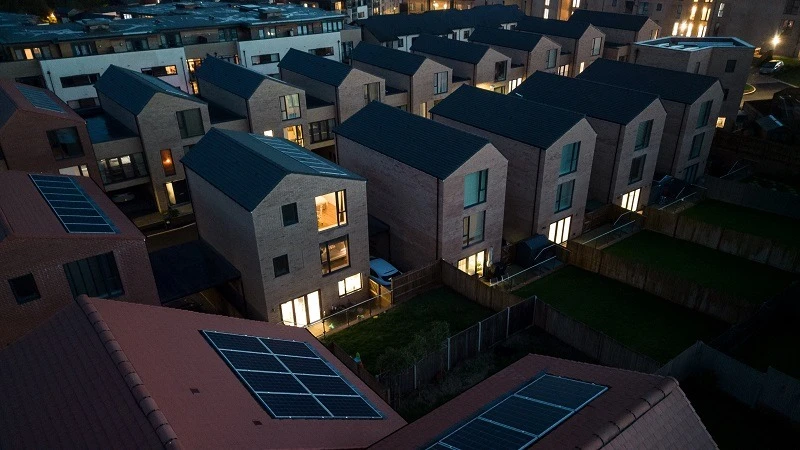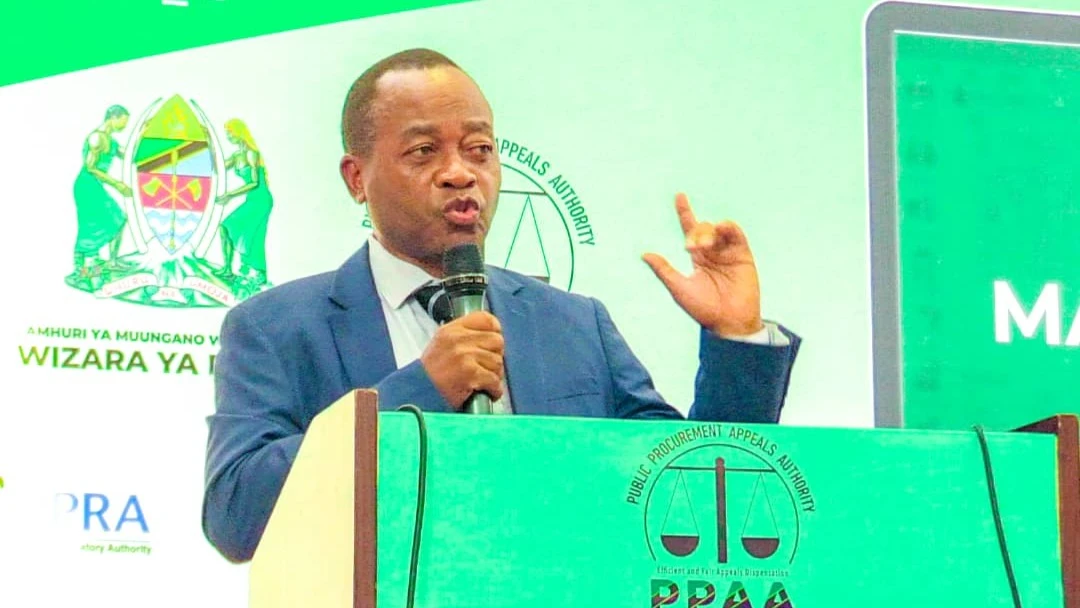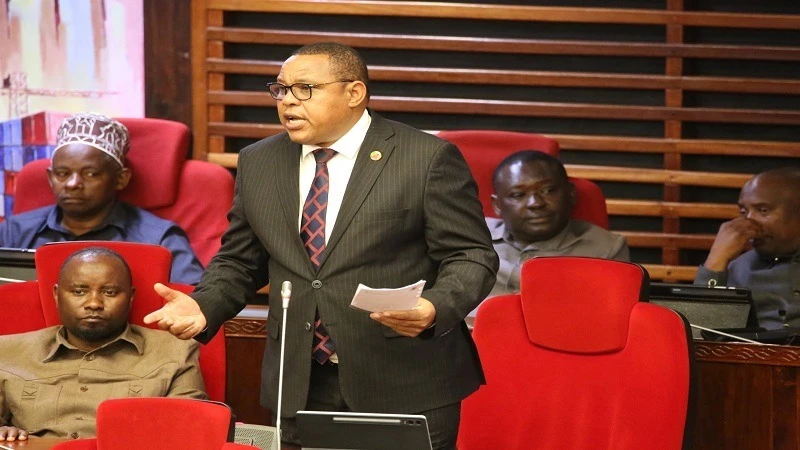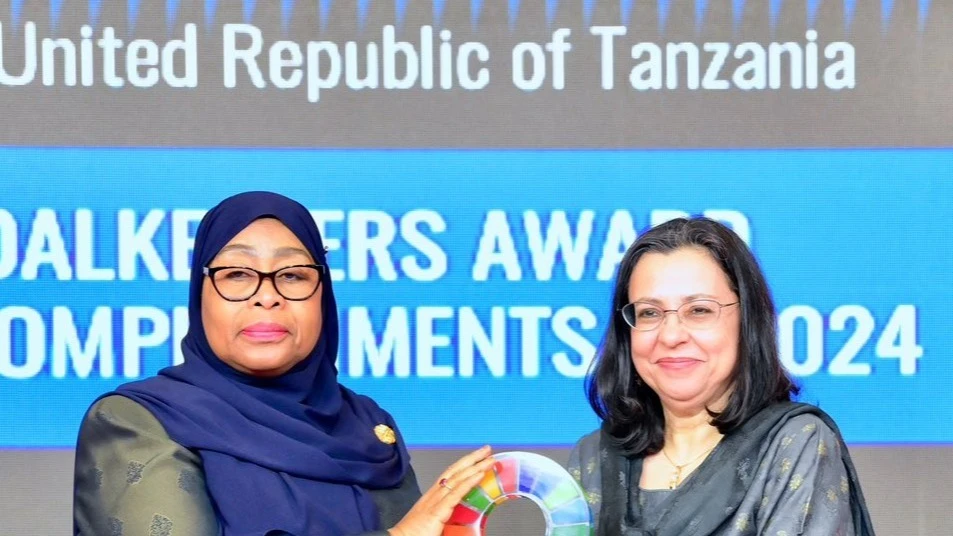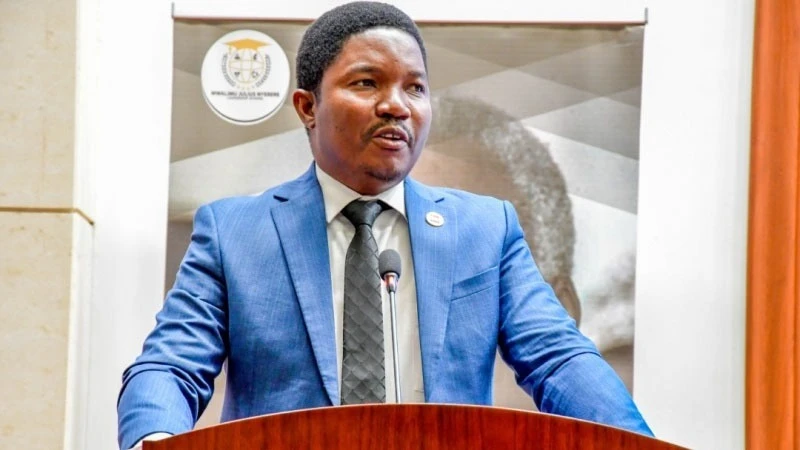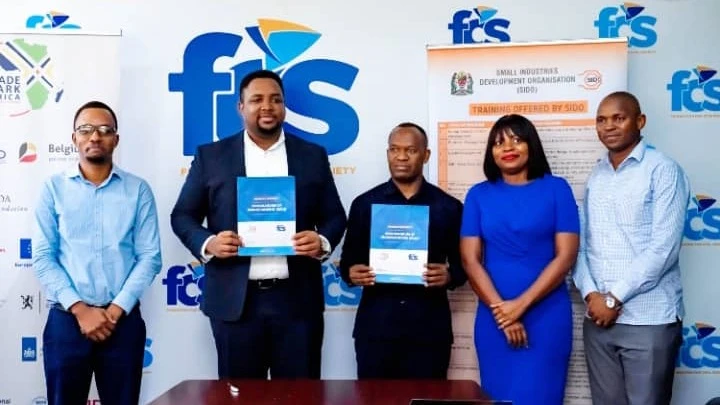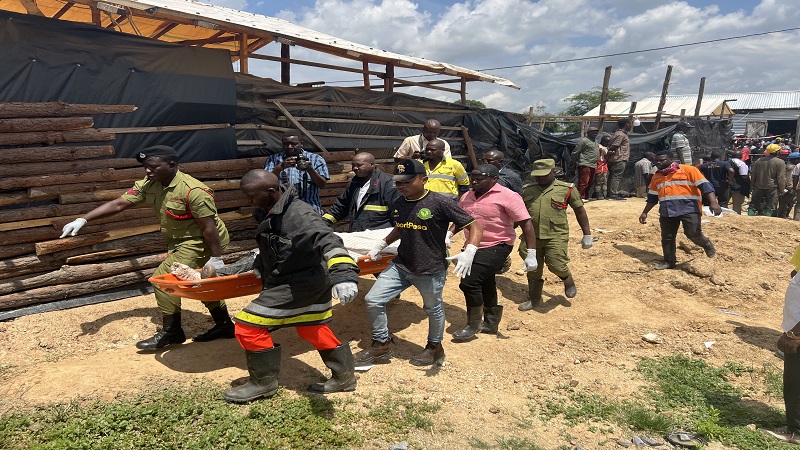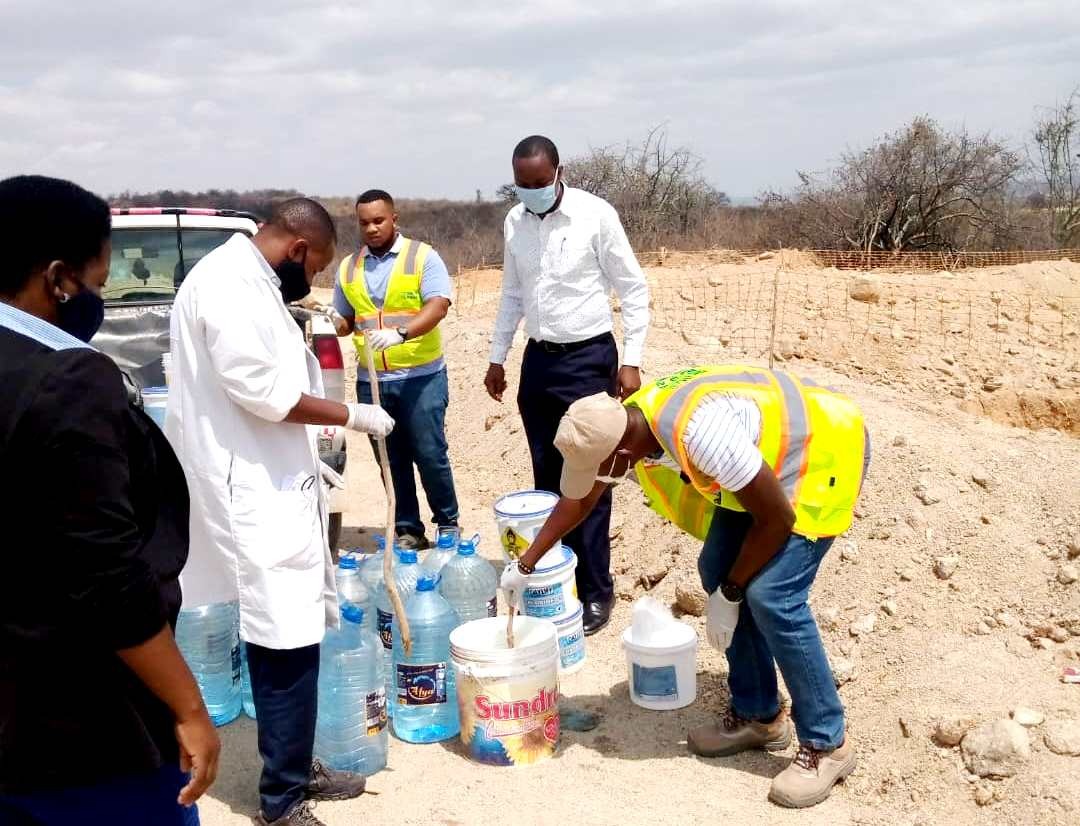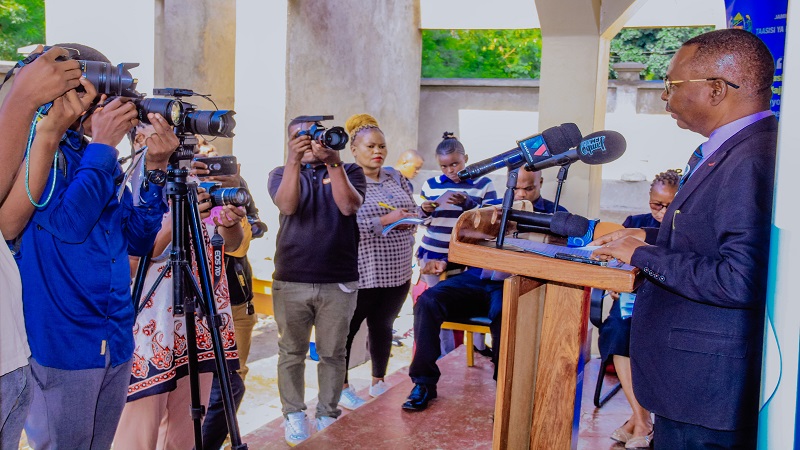EU hands Red Cross (T) 276.9m/- for flood relief
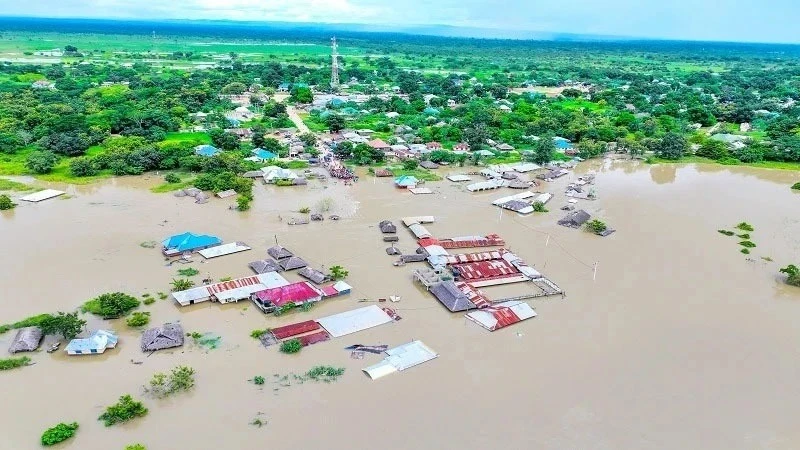
THE European Union (EU) has supported Tanzania with an additional €100,000 (276.974m/-), an uplift from an earlier allocation of €100,000 to the Tanzania Red Cross Society last December.
Kelvin Mutagwaba, press officer for the EU delegation, said in a statement yesterday that the EU issued the grants in response to flooding, bringing the total contribution to the flooding response to €200 000 (553,949m/-) in the past six months.
The response comes in the wake of heavy rains associated with the El Niño phenomenon, which resulted in massive flooding and landslides claiming lives and destroying thousands of homes in many parts of the country, he said.
As the situation has not improved for many affected households, the new EU funding will enable the health sector NGO to deliver urgently needed assistance, scaling up lifesaving and emergency relief to the most vulnerable, especially displaced people and those whose homes were destroyed, the statement noted.
TRCS will use this funding to provide tarpaulins and tents to affected households in setting up emergency shelters, and distribute essential household items to those displaced, many of whom still live in camps, it said.
Red Cross staff will hand over cash assistance to the most affected and vulnerable sections of the affected rural and urban residents, assist in any search and rescue operations, offering first aid and evacuating injured and critically ill persons, it elaborated.
The NGO will similarly purchase and distribute water treatment chemicals to minimise the risk of waterborne diseases, assisting an estimated 85 000 people in Morogoro, Mbeya, Kilimanjaro, Unguja, Geita, Dar es Salaam, Manyara and Coast regions, it affirmed.
This allocation is part of the EU’s overall contribution to the Disaster Response Emergency Fund (DREF) of the International Federation of the Red Cross and Red Crescent Societies (IFRC), the statement indicated.
It recalled that since November 2023 heavy rains caused by the El Niño phenomenon started, right into early 2024, bringing floods and landslides leading to the destruction of homes, crops, agricultural assets and displacing over 200 000 people.
In early December, a massive landslide near Mount Hanang in Manyara Region affected nearly 44 000 people, with 89 people losing their lives, while early this month Cyclone Hidaya made landfall, bringing strong winds and heavy rains to coastal areas south of the city of Dar es Salaam.
Already-affected areas of Dar es Salaam, Coast and Morogoro regions experienced heavy rainfall, exacerbating an already dire situation, it remarked.
The European Union is a leader in humanitarian aid, as relief assistance is an expression of European solidarity towards people in need around the world, the official indicated, intoning that such aid aims to save lives, alleviate human suffering and safeguard human dignity of populations affected by natural disasters and other crises.
“Through its European Civil Protection and Humanitarian Aid operations department, the European Union helps millions of victims of conflicts and disasters every year. Headquartered in Brussels and with a global network of field offices, the EU assists the most vulnerable people, based on humanitarian needs,” it stated.
The European Commission has signed a €8m humanitarian contribution agreement with IFRC to support the Disaster Response Emergency Fund (DREF) it operates, as DREF responds mainly to small-scale disasters, which don’t give rise to a formal international appeal.
The fund, established in 1979, runs mainly on donations, responding to appeals from national Red Cross or Red Crescent societies seeking urgent financial support.
For small-scale disasters, the IFRC allocates grants which can then be replenished by donors, on the basis of a contribution agreement between the IFRC and the Humanitarian Aid Department of the European Commission (ECHO).
It was established in 1992 and works in the area of emergency assistance and relief to victims of natural disasters or armed conflict outside the European Union. It enables the EU to replenish DREF for agreed operations (that fit in with its humanitarian mandate) up to a total of €8m, an online entry noted.
Top Headlines
© 2025 IPPMEDIA.COM. ALL RIGHTS RESERVED









